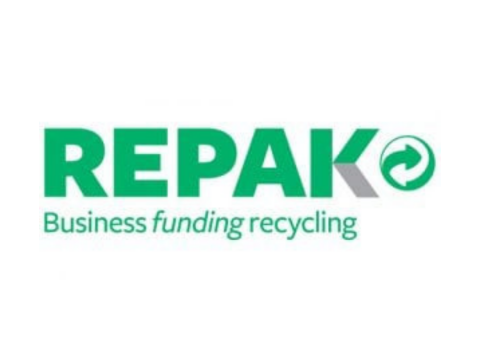
Painting & Decorating In-Store events
July 20, 2021
HAI launches Autumn 2021 Virtual Classroom Training Schedule
July 22, 2021Why is it necessary and what does it mean for Businesses?
The EU Circular Economy Package
In 2015 the European Union launched its vision for a Circular Economy in Europe, where resources continue to add value for as long as possible and where virgin material usage and the generation of non-recyclable waste are both minimised. Within this vision, all products are designed at the production stage to be suitable for reuse and high-quality recycling. In order to support this transition to a Circular Economy, the European Union updated a number of existing directives and introduced new directives in 2018 and 2019 in the form of:
- An updated Waste Framework Directive
- An updated Packaging & Packaging Waste Directive
The new Single Use Plastics Directive Net Necessary Cost & Eco Fee Modulation
The Waste Framework Directive was transposed into Irish Law in 2020 and states that producers must pay 80% of the Net Necessary Costs of recovering packaging waste. These costs include operational costs such as the collection, treatment / processing and management of packaging materials and are higher for packaging that cannot be recycled. The overriding principle is to bring about packaging design changes that make materials recyclable and reusable.
Repak is already well advanced in implementing net necessary cost and eco fee modulation for materials. Plastic packaging comes into effect from 1st July 2021 with all other materials implemented by 1st January 2023 as per the Waste Framework Directive requirements.
What does this mean for Hardware Companies?
There are a number of key points to note within these directives that impact on how Repak Members must report the plastic they place on the Irish market.
- We must understand and separate plastic packaging placed on the market that can be recycled at present from material that cannot be recycled.
- Due to net necessary cost, producer fees will be higher for packaging that is not recycled.
- The type of plastic packaging waste is an important factor in whether or not it can be recycled, and this must also take that into account in the reporting structure.
These considerations have resulted in a new statistical reporting structure and fee structure for plastic packaging and composite packaging. For more information on this please see https://repak.ie/images/uploads/downloads/Member_Eco-Fee_Modulation_March_Update_2021.pdf
Packaging Recycling Targets
In 2020, the Irish Government transposed the new Packaging & Packaging Waste Directive into Irish Law. This legislation sets out new recycling targets for all packaging with 65% to be achieved by 2025 and 70% by 2030. However one of the most challenging targets for Ireland will be to meet the plastic packaging recycling rates.
According to the most up to date EPA data 2018, Ireland achieves a 31% recycling rate for plastic packaging which exceeds the previous target of 22.5%. However, Ireland will need to achieve a plastic packaging recycling rate of 50% by 2025 and 55% by 2030. To achieve the 2025 target for plastics, additional funding will be required to increase recycling rates by an additional 4% per annum up to 2025.

https://www.epa.ie/our-services/monitoring–assessment/

Repak Resources
If you require information on what these changes mean for your business, please do not hesitate to get in touch with our membership department at membership@repak.ie or call us on 01 467 0190.
This Business Support article featured in the July/August 2021 issue of The Hardware Journal






